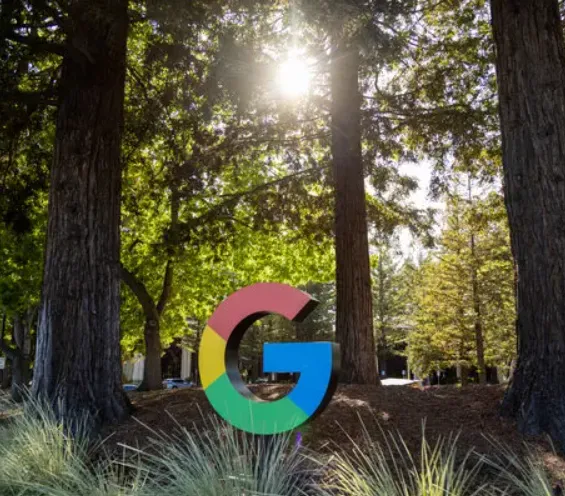A recent federal court decision has shaken up Google’s search business but kept one of its most profitable arrangements in place—the multibillion-dollar deal that makes Google the default search engine on Apple devices. Judge Amit Mehta ruled that while Google must end exclusive contracts with certain partners, it can continue paying Apple to feature its search service on iPhones.
This outcome preserves a revenue stream estimated at around $20 billion annually for Apple. The payments not only strengthen Apple’s services division but also reduce the urgency for the company to develop its own competing search engine, a project that has long been rumored but repeatedly stalled.
For Google, the decision is a mixed result. On the one hand, it avoids a forced breakup of core platforms like Chrome or Android. On the other, the company must now provide rivals with greater access to search data, a move designed to give alternative engines a fairer shot at competing. The court also rejected proposals to ban Google’s payments altogether, noting that cutting them off could hurt partners and ultimately disadvantage consumers.
The ruling comes at a time when the search market itself is evolving. Google has increasingly shifted toward AI-driven results, but these new summaries have faced criticism for inaccuracy and questionable sourcing. Meanwhile, emerging players such as ChatGPT Search are beginning to challenge the dominance of traditional search.
For now, iPhone users will continue to find Google set as their default option, supported by billions in ongoing payments. However, as consumer expectations around trust, accuracy, and privacy continue to evolve, Apple may eventually reconsider just how long it wants to lean on Google’s dominance in search.
